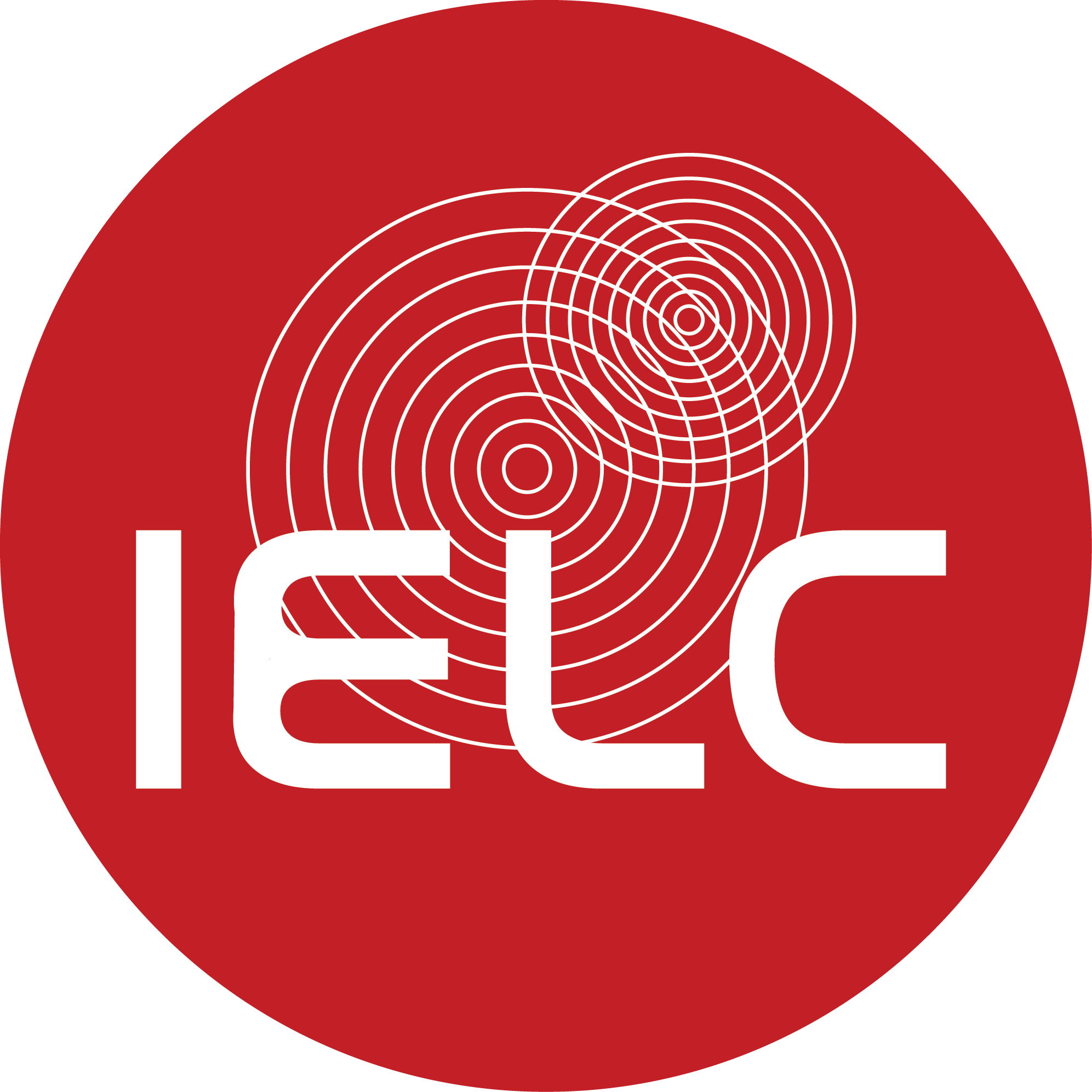| Special Journal Issue - School Leadership and Change in East Asia: Building Capacity for Education Reform Volume 87, Issue 2, 2012 Papers From Asia Leadership Roundtable 2010 Peabody Journal of Education
|
||||
|---|---|---|---|---|
Rationale |
In recent decades the Asia-Pacific region has made some of the most spectacular efforts and gains in social, economic, and educational development (Hallak, 2000). However, this vast and greatly diverse region still faces significant challenges in achieving educational equity and quality. School leadership development is imperative to initiating and sustaining change as schools at all levels coping with new reform policy in the region. The belief that there are general and common elements in contemporary international educational policy (Ball, 1998; Carnoy, 2006) has brought growing interest in sharing leadership theories and successful models of effective schools cross-culturally. Such interests have been particularly strong from countries in the Asia-Pacific that are at the beginning stage of establishing a knowledgebase both theoretically and empirically (Chu, 2003; Hallinger, Walker, & Bajunid, 2005). The interest is no longer one-way, however. Growing global competitiveness of countries in Asia have also prompted reciprocal interest of “East” and “West” in each other’s school systems (Dimmock & Walker, 2000). With concerns in recent decades over education quality in the United States and other developed countries, international benchmarking has impelled curiosity and exploration into teaching and learning models that may be perceived to feature effective pedagogy and curriculum structure, especially in East Asia (National Governors Association, 2008). It is in this context that we bring forth this special issue of school leadership and change in the Asia-Pacific region. The issue aims at highlighting research-based knowledge on the practices of leading change, innovation, and school improvement. Specifically, the articles will (a) e xamine the geographic, cultural, and political terrain of the current knowledgebase in educational leadership and management; (b) assess the relevance of the global knowledge base in the field for the Asia-Pacific Region; (c) consider the current practices of university-based education and research culture in the region; and (d) offer strategies for accelerating the development of the field of educational leadership and management in the region. |
 |
||
Issue Co-editors |
 |
Dr. Xiu Chen Cravens Associate Professor of the Practice Associate Dean for International Affairs Peabody College of Education and Human Development, Vanderbilt University. U.S.A. Research Fellow Asia Pacific Centre for Leadership and Change The Education University of Hong Kong China |
 |
Professor Philip Hallinger TSDF Chair Professor of Leadership College of Management, Mahidol University Thailand Senior Research Fellow Asia Pacific Centre for Leadership and Change The Education University of Hong Kong China |
| Contributors |
|
|||
|
||||
|
||||
|
||||
|
||||
Dr. Jeanne Ho This study examines distributed leadership in Information Communication Technology reform in a government school in Singapore. The study adopts a naturalistic inquiry approach, drawing upon a case study of the aforementioned school for much of its data. The study found that leadership for Information Communication Technology reform is distributed according to functions of transformational leadership, instructional leadership, emotional leadership, and the strategic management of resources. The key enabling factors are an official leadership position, access to expertise, support by senior management, and interpersonal synergies among the leaders. Senior management consistently performs transformational leadership, whereas middle management generally performs instructional leadership. Both senior and middle management provide emotional leadership. |
||||
|
||||
|
||||

